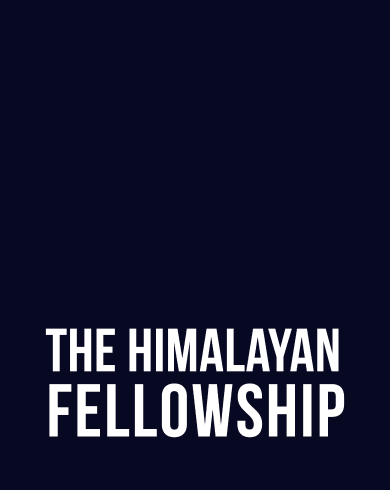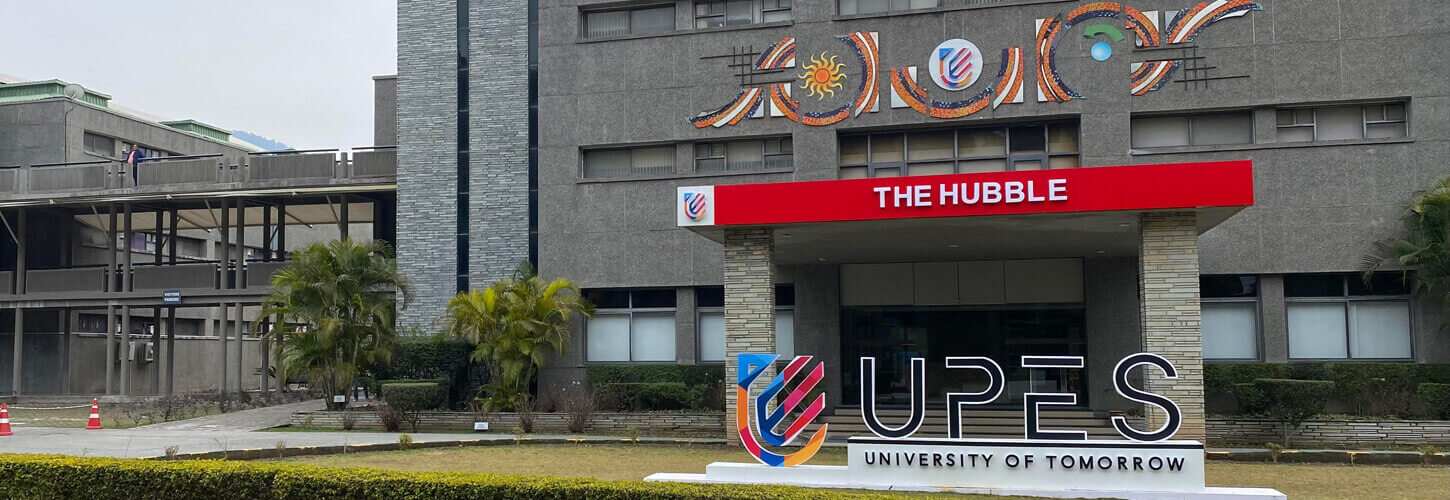<li>Develop strategies and initiatives that simultaneously promote economic growth, cultural preservation, and environmental conservation in the Himalayan region. </li>
<li>Capacity building initiatives to empower communities, enhancing their skills and knowledge for sustainable development. </li>
<li>Foster partnerships among local, regional, and international institutions to address pressing local and global challenges through innovative research and solutions.</li>
<li>To promote community self-reliance through technological interventions for the sustainable management and utilisation of natural resources. </li>
</ul>
<li>Leadership Development initiatives </li>
<li>Skill development for self employment</li>
<li>Symbiosis of self-help groups </li>
<li>Women empowerment through<br> training on locally grown products <br>for marketing.</li>
<li>Digitalisation</li>
</ul>
<li>Forest Fires</li>
<li>Landslides</li>
<li>Flash floods</li>
<li>Avalanches</li>
<li>Earthquake</li>
<li>Glacial lake outburst floods (GLOFs)</li>
<li>Riverbank Pollution</li>
</ul>
<li>Ayurveda and Wellness</li>
<li>Water shedding</li>
<li>Adventure Tourism</li>
<li>Hydropower</li>
<li>Organic food</li>
<li>Herbal products</li>
<li>Forest waste to wealth</li>
<li>Supply chain management</li>
</ul>
<li>Synergy of Yoga and Modern Sciences</li>
<li>Spirituality in Modern Culture</li>
<li>Agricultural production</li>
<li>Human & Wildlife interactions</li>
<li>Linking villages to city to<br> minimise the migration</li>
<li>Optimisation of uses of natural resources </li>
<li>Preservation of heritage</li>
</ul>


HESCO (Himalayan Environmental Studies and Conservation Organization)
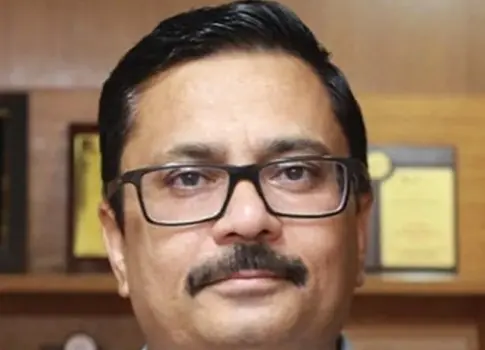
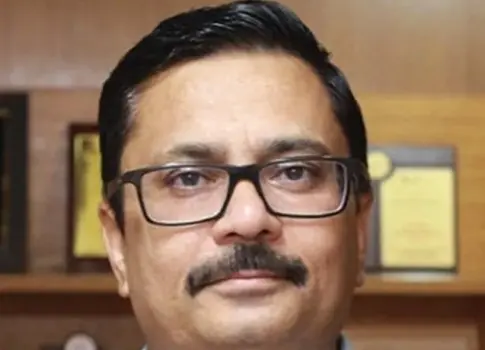
Founder Director HILL Institute
UPES-Dehradun
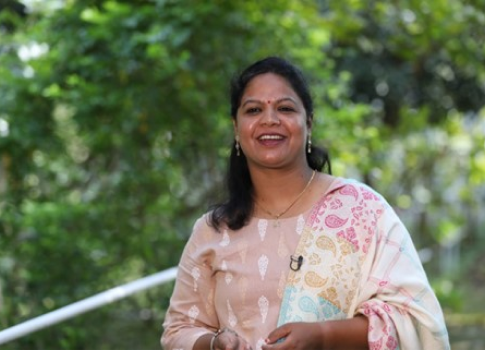
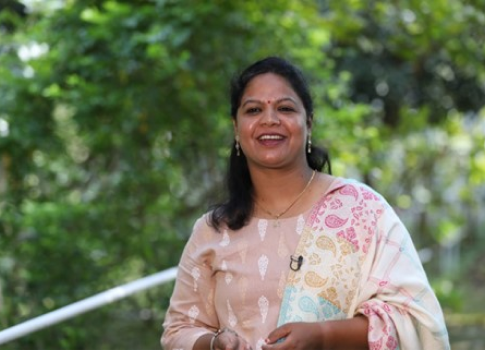
Hill Fellow
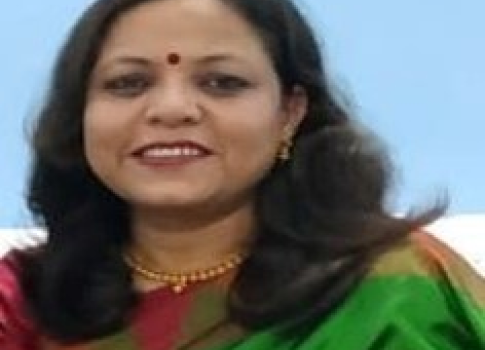
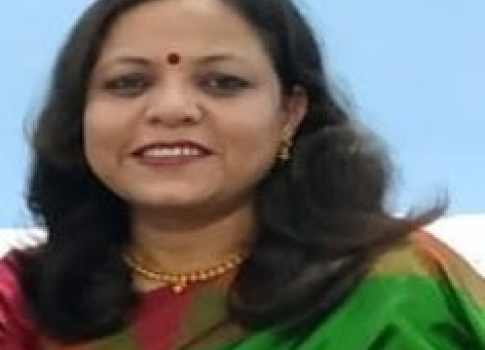
Hill Fellow
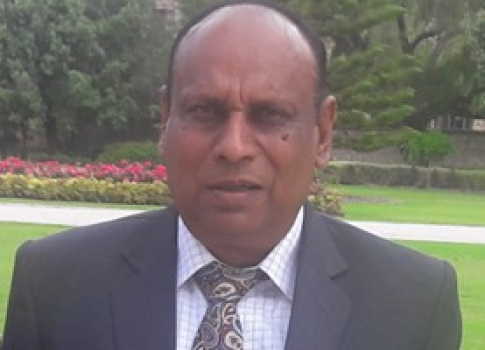
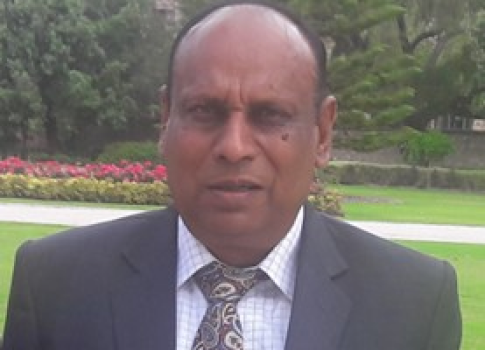
Hill Fellow
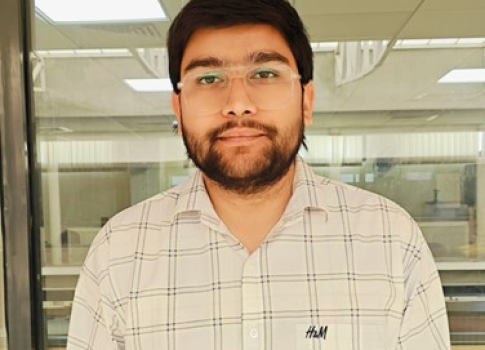
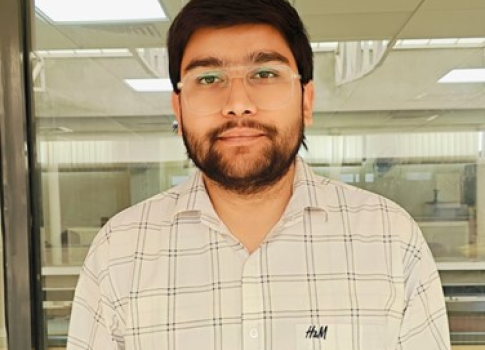
Hill Manager


Research Fellow
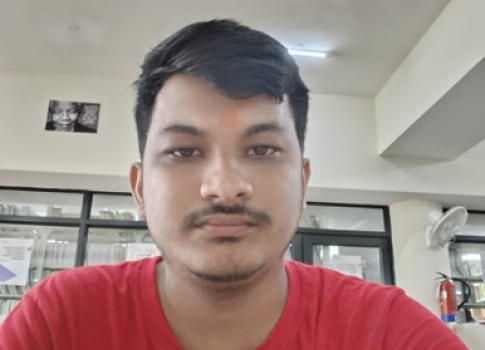
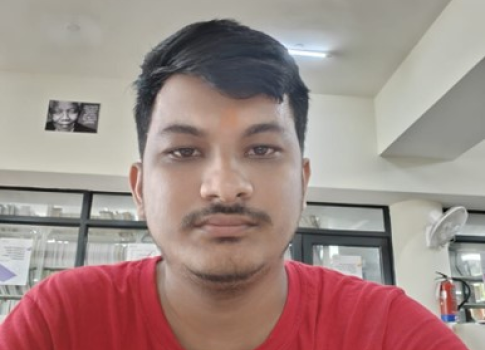
Research Fellow


Research Fellow


PI: Dr. Amit Awasthi, Applied Science Cluster
Understanding the variability and radiative impact of aerosols over central Himalayan region. The research combines modelling techniques, satellite observations, and field measurements to investigate the ways in which black carbon affects regional climate dynamics and interacts with glacial systems.
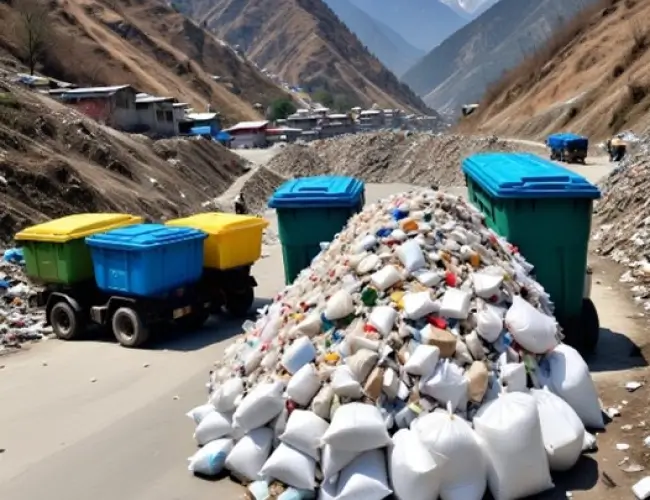
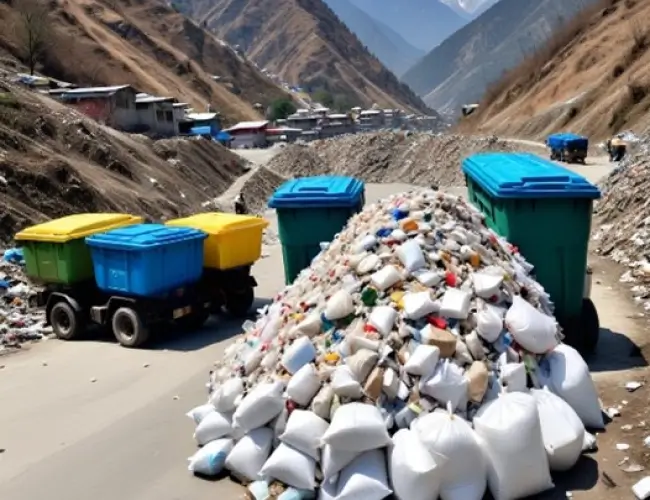
PI: Dr. Prashant Shukla
- Integrated Waste Management System: The project aims to implement an integrated waste management system in Uttarkashi city, encompassing waste collection, segregation, transportation, treatment, and disposal. This holistic approach ensures efficient handling of both degradable and plastic waste, reducing environmental pollution and health risks.
- Community Engagement and Awareness: Central to the project is community engagement and awareness. Through extensive awareness campaigns, educational workshops, and involvement in waste management decisions, local residents are empowered to adopt responsible waste disposal practices, contributing to a cleaner environment and improved public health.
- Infrastructure Development and Capacity Building: The project focuses on infrastructure development, including waste collection centers, recycling units, and composting facilities. Additionally, capacity building programs for waste management workers, entrepreneurs, and community members enhance skills and promote sustainable employment opportunities.
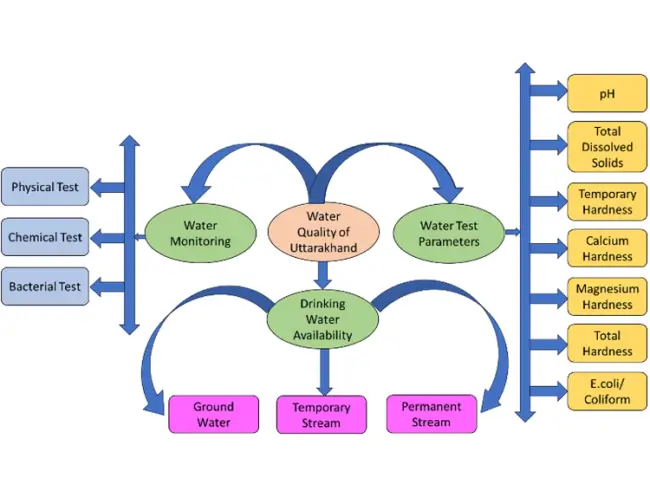
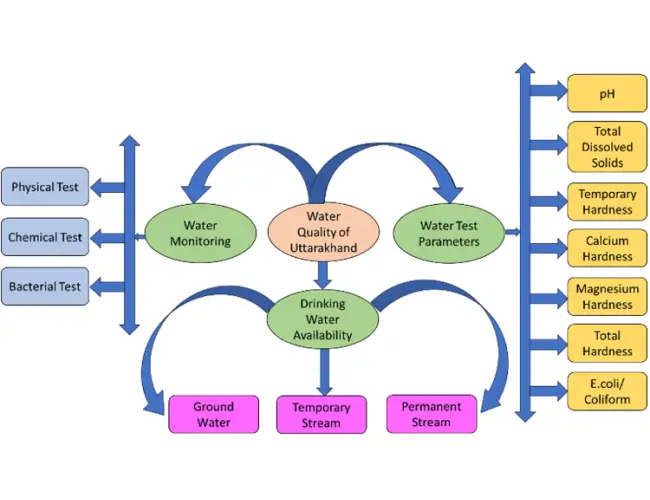
PI: Dr. Surajit Mondal, Electrical Cluster
- To build a compact Solar Thermal Water Purification system for the rural hilly areas, Self-Sustainable Technology and villagers will be operating.
- Designing and Installation of the Scheffler type Solar Collector to attain the desirable temperature, which will collect the heat from the sunlight and focus it to the targeted area where the water will absorb the heat collected and precipitate the Calcium from the water.
- Design of Heat Exchange System and Filtration Chamber to remove the undesirable calcium hardness found in the drinkable spring water.
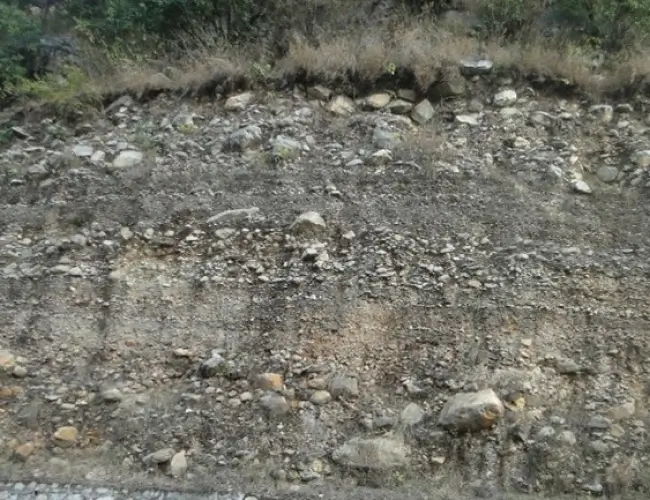
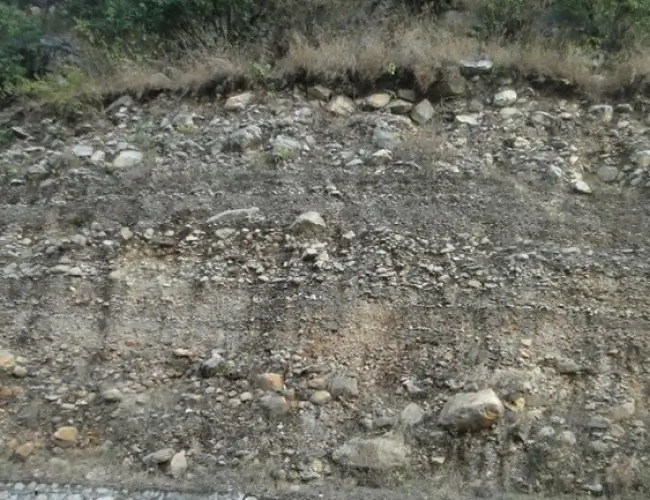
PI: Dr. Uday Bhan , Professor & Program Lead [Energy Cluster]
- The Himalyan region is full of glaciers, palaeontological, archaeological, geothermal spring, limestone caves, and mineral potential.
- Main Study in this project, will explore the potentiality and future scope of geosites formed from Palaeoproterozoic to Recent (Quaternary and Holocene) within Uttrakhand Himalaya.
- Through this project and study : Geotourism promotion of the Uttrakhand, will enhance the value of the state and regional tourism industry
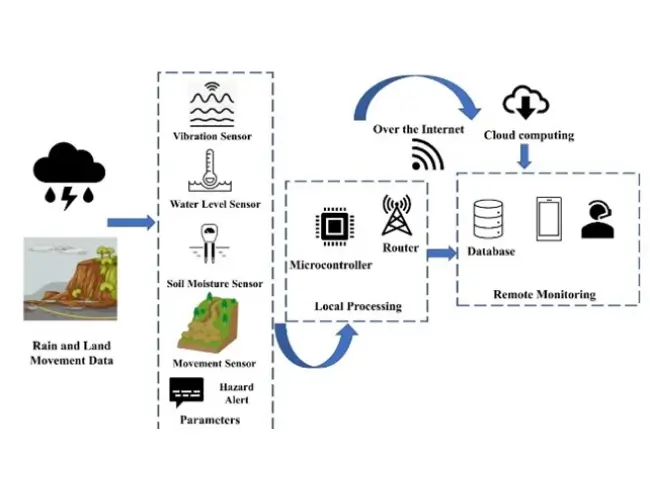
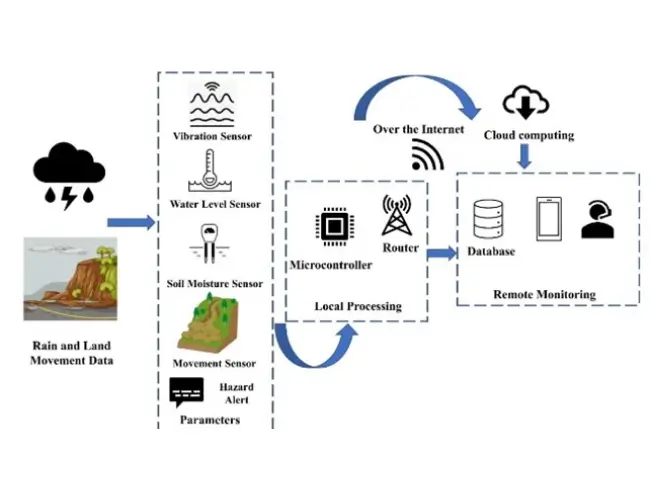
PI: Vikas Thapa, Industrial Design, School of Design
- Real-time monitoring for rapid response: Wireless sensor networks will provide continuous data on critical factors like rainfall intensity, soil moisture, and ground movement, enabling early detection of flash floods and landslides.
- Improved preparedness in remote areas: The Himalayan region often has limited infrastructure. This technology can be deployed in remote locations, offering crucial warnings where traditional monitoring systems are lacking.
- Data-driven decision making: Sensor data can be used to create real-time risk assessments, allowing authorities to take preventive measures like evacuation or road closures before a disaster strikes.
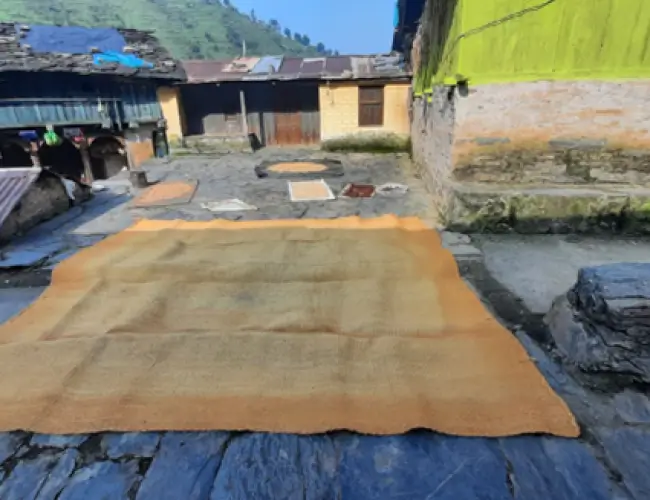
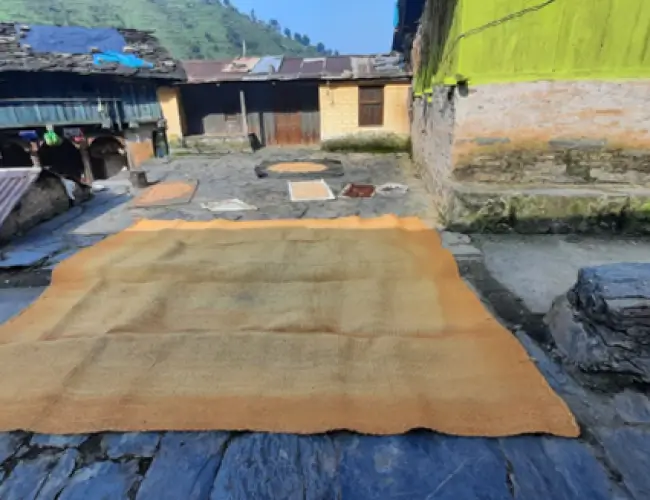
PI: Khushboo bharti – School of Design – communication cluster
- To map the existing traditional craft of Bhimal fiber in Uttrakahand
- Research and documentation of the selu bimal fiber craft of karchaa as a community based craft
- Product diversification of the craft and create a new product line using the skills and traditional knowledge of the artisans and community.
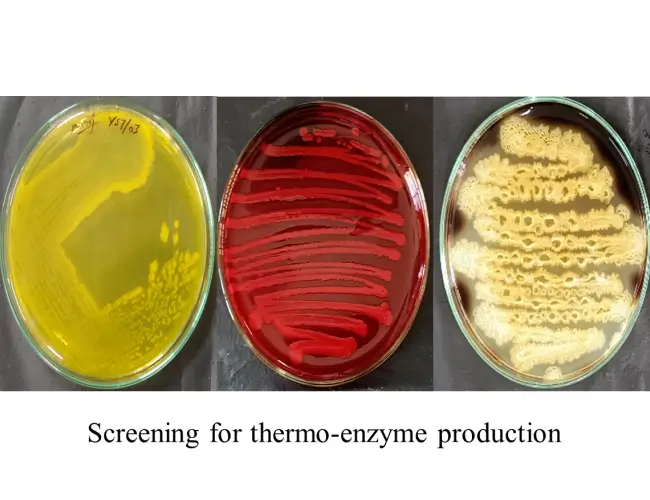
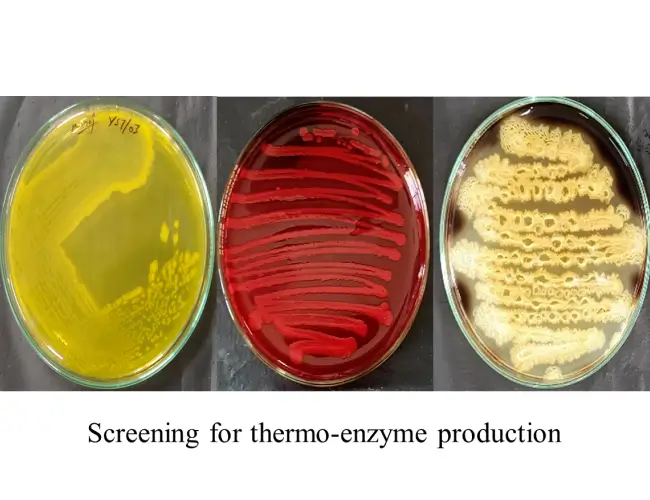
PI: Dr Suvendu Manna, Assistant Professor - Selection Grade
- Isolation, selection, and characterization of thermophilic bacteria from hot springs of Uttarakhand
- Screening of isolated bacteria for industrially important thermophilic enzyme and other secondary metabolites
- Understanding the biogeochemistry of the hot springs.
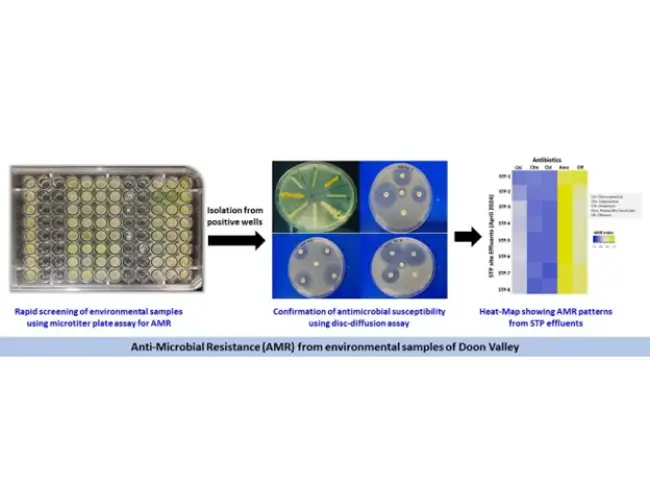
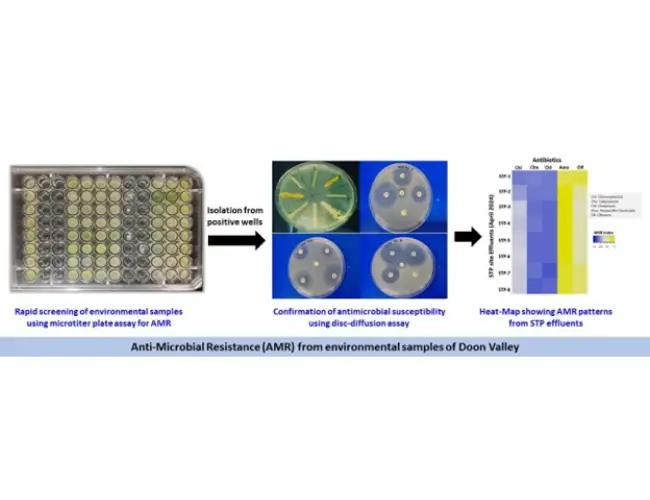
PI: Dr. Piyush Kumar
- Antimicrobial resistance (AMR) is a growing public health concern worldwide, and it poses a significant threat to human, animal, and environmental health. Multiple drivers, including warming temperatures due to climate change, metals and pollutants in water bodies, pharmaceutical and industry effluents, and not just the occurrence or increased usage of antimicrobials in hospital settings, can contribute to the evolution of AMR in the environment.
- Effluents and aquatic bodies are major conduits for the transmission of AMR in the environment. Our study aims to conduct high-throughput screening of AMR from various effluent and aquatic bodies in the Doon Valley, an important drainage area of several Himalayan rivers and tributaries.
- Using an innovative microtiter plate-based assay and by employing an array of broad-spectrum antibiotics, we at UPES, are now rapidly screening various environmental samples to develop ‘AMR indices’ that can be conveniently mapped geo-spatially.
- Geo-spatial maps of these AMR indices will help to identify hotspots, visualize seasonal trends, patterns and transmission routes in the study area. Such an approach will inform policymakers and enable better management of AMR in the environment.
- AMR surveillance in this context is crucial to obtain an understanding of the connections to be addressed by several nations by implementing national action policies based on the One Health strategy. Our preliminary findings, contribute to highlighting the increment of AMR related to different microbes with the tendency to become multidrug resistant.
<p>The Himalayan Fellowship invites 25 exceptional undergraduate and postgraduate students of UPES to embark on a four-week immersive experience in the Himalayan region. This unique initiative blends field-based learning, cultural immersion, and sustainability-focused research, providing students with a rare opportunity to engage deeply with one of the world’s most ecologically significant landscapes. Fellows will receive financial support of ₹30,000, expert mentorship, and exposure to traditional knowledge, sustainable tourism, and environmental stewardship. Participants will engage with communities, maintain reflective journals, attend interactive workshops, and may have their work showcased on national and international platforms. Open to all UPES students across disciplines, the fellowship aims to build future leaders in sustainability while contributing to long-term regional research.</p>

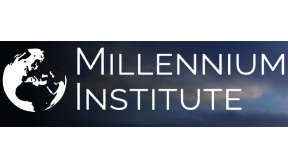
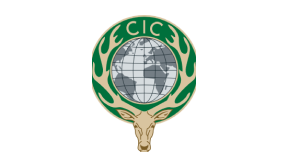
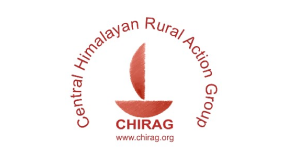
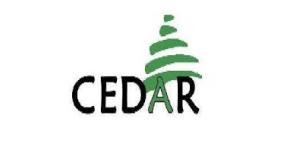
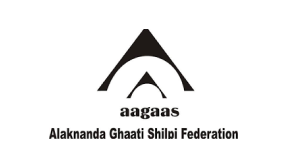

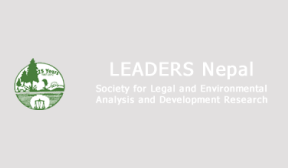


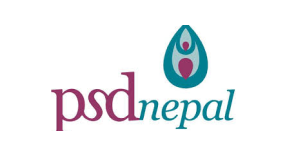
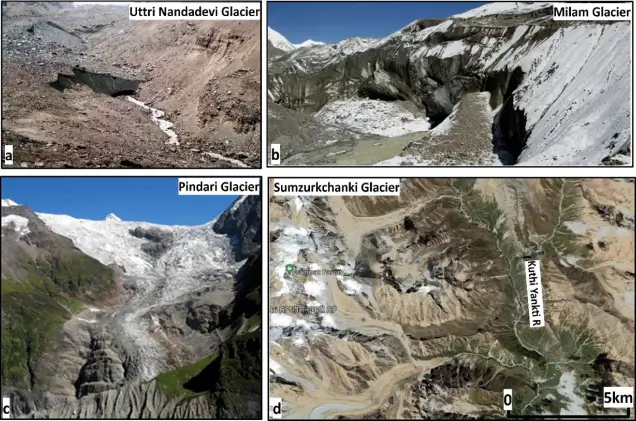
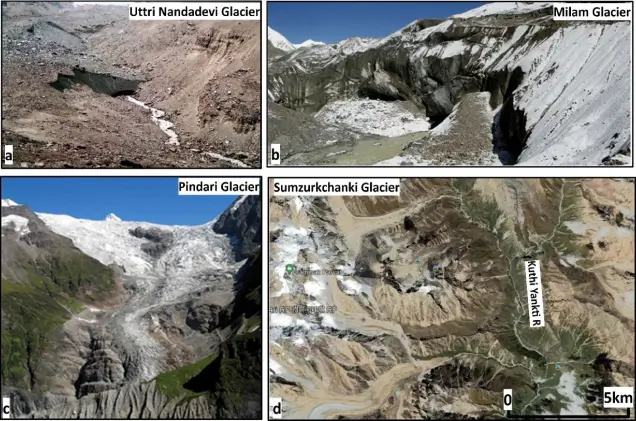
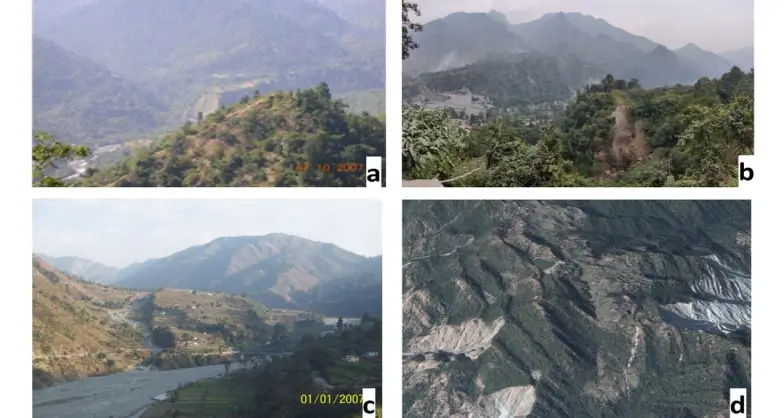
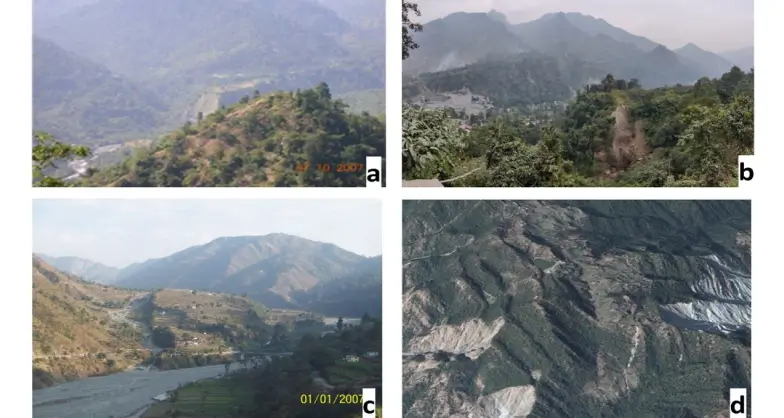
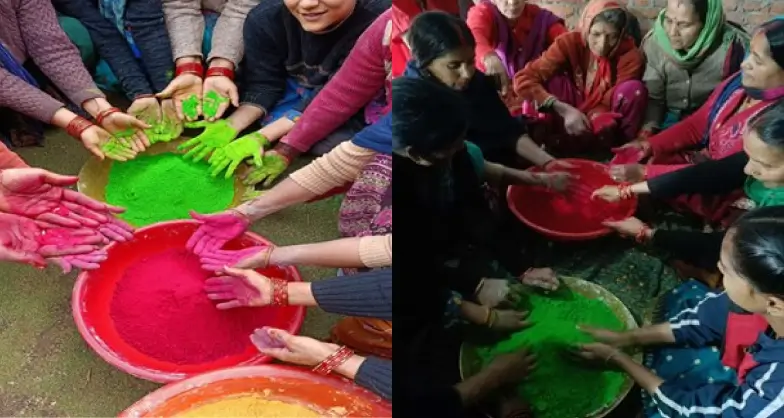
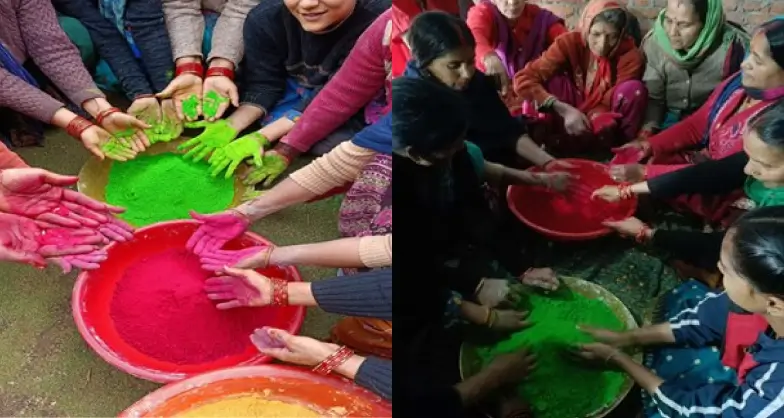
Dr. Jitendra K. Pandey
Founder Director HILL Institute
jkpandey@ddn.upes.ac.in
Contact: +91 7579216817
Mr. Kartik Singh
Hill Manager
Kartik.singh@ddn.upes.ac.in
Contact: +91 8192081921
Mr. Himanshu Prasad Mamgain
Research Fellow
Himanshu.mamgain@ddn.upes.ac.in

